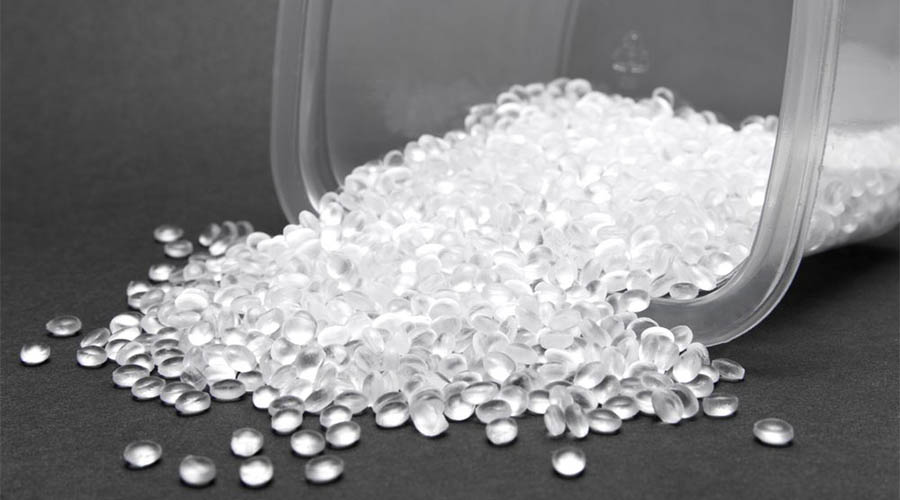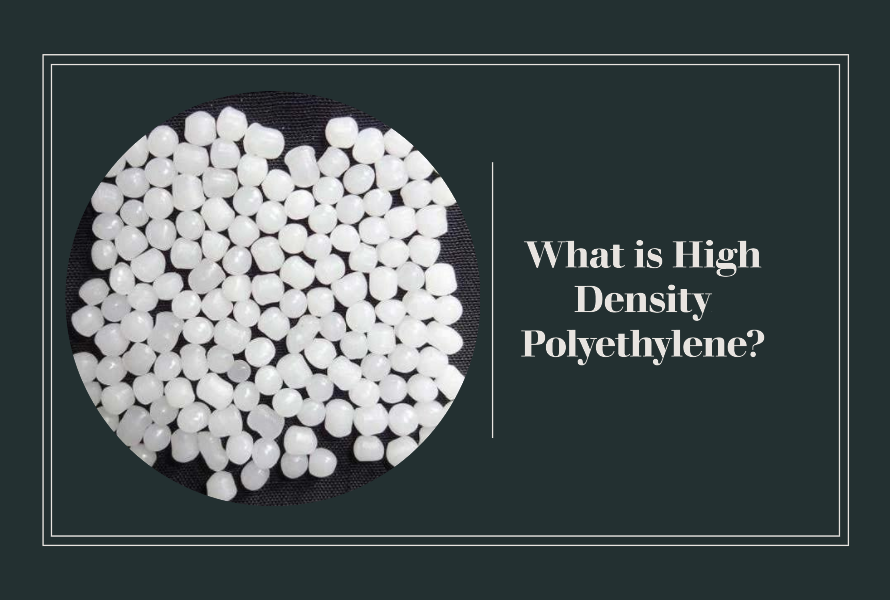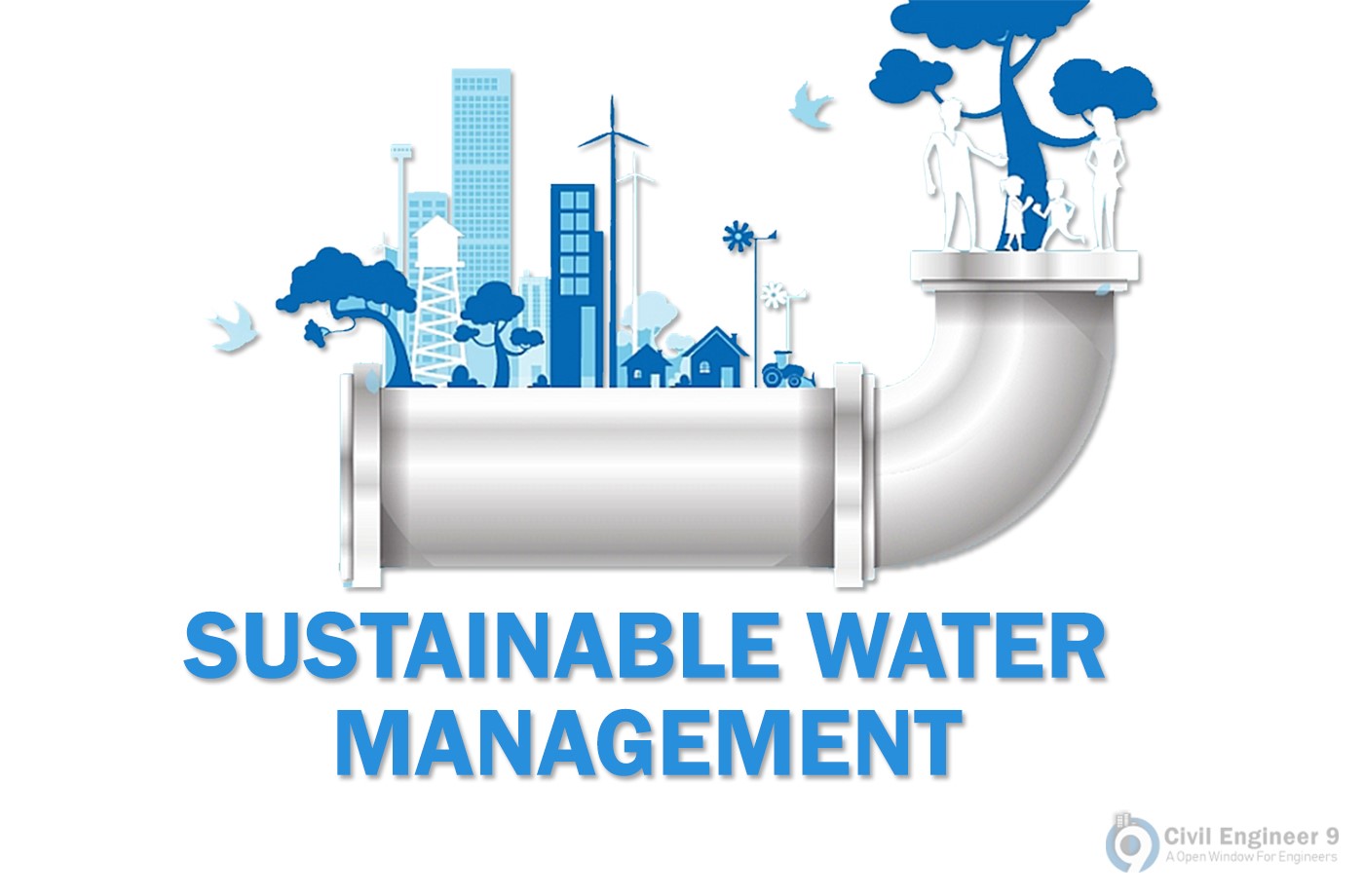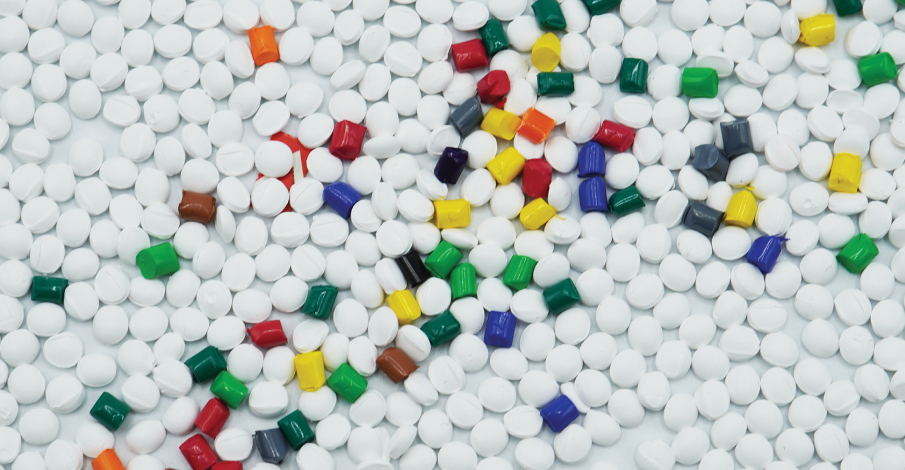Welcome to our comprehensive guide on high density polyethylene (HDPE). You have come to the right place if you are interested in learning more about the uses of this versatile plastic material. In this post, we will delve deeper into the world of high density polyethylene, exploring all of its characteristics and applications. However, before we begin, let's clear up any confusion you may have about polyethylene and HDPE. Without further ado, let's get started and learn!
 HDPE (High Density Polyethylene)
HDPE (High Density Polyethylene)
Table of Contents
- What is High Density Polyethylene?
- Polyethylene vs High Density Polyethylene - Main Differences
- Typical Properties of HDPE Plastic
- High Density Polyethylene Uses
- Conclusion
- Europlas - A World's Leading Plastic Masterbatch Manufacturer
- FAQs
1. What is High Density Polyethylene?
High Density Polyethylene is widely recognized for its strength, durability, and versatility, making it a remarkable type of plastic. Classified as a thermoplastic polymer in the polyethylene family, HDPE exhibits exceptional resistance to moisture, chemicals, and impact. This resilient and dense material is produced through the process of polymerization, resulting in a robust and durable substance.
 What is High Density Polyethylene?
What is High Density Polyethylene?
2. Polyethylene vs High Density Polyethylene - Main Differences
Polyethylene is a broad term that encompasses various types of plastics, with high-density polyethylene being one of them. While polyethylene generally shares certain characteristics, high-density polyethylene (HDPE) possesses unique properties that set it apart. The key differences lie in its density, molecular structure, and applications. HDPE has a higher density compared to other polyethylene variants, making it more rigid and stronger.
.png) Polyethylene vs High Density Polyethylene - Main Differences
Polyethylene vs High Density Polyethylene - Main Differences
3. Typical Properties of HDPE Plastic
High-density polyethylene exhibits a wide range of properties that make it highly desirable in many industries. Let us explore some of its notable characteristics:
HDPE Yield Strength
One of the significant advantages of high-density polyethylene is its impressive yield strength. This property refers to the stress level at which a material begins to deform permanently. HDPE's high yield strength ensures its suitability for applications that require structural integrity and load-bearing capacity.
HDPE Chemical Compatibility
HDPE has excellent chemical resistance and compatibility, which allows it to resist the harmful effects of various substances. This property makes high density polyethylene (HDPE) ideal for applications involving the storage or transportation of chemicals, acids, and corrosive materials.
HDPE Chemical Resistance
In addition to its compatibility with HDPE, it also demonstrates exceptional chemical resistance. It can withstand exposure to a wide range of chemicals, making it an ideal choice for environments where chemical interactions are prevalent.
HDPE UV Resistance
High-density polyethylene showcases excellent resistance to ultraviolet (UV) radiation, making it suitable for outdoor applications. This property ensures that PE high density remains durable and retains its physical properties even when exposed to prolonged sunlight.
.png) Typical Properties of HDPE Plastic
Typical Properties of HDPE Plastic
4. High Density Polyethylene Uses
The versatility of HDPE density enables its use in various industries and applications. Here are some common examples of high-density PE utilization:
Packaging materials: HDPE is widely used in the production of bottles, containers, and bags for packaging purposes. Its durability and resistance to moisture make it an ideal choice for preserving and transporting products.
.jpg) Water Bolts
Water Bolts
Construction and infrastructure: High-density polyethylene pipes and fittings are extensively used in plumbing, irrigation systems, and underground utilities. The strength, flexibility, and corrosion resistance of HDPE make it an excellent choice for such applications.
.jpg) Irrigation systems
Irrigation systems
Automotive industry: HDPE Polyethylene finds application in manufacturing fuel tanks, bumpers, and other components. Its lightweight nature, impact resistance, and ability to withstand extreme temperatures make it a preferred material in automotive engineering.
.jpg) Fuel tanks
Fuel tanks
Agriculture: Polyethylene hdpe is utilized in agricultural activities such as water management, crop protection, and greenhouse construction. Its durability and chemical resistance make it suitable for irrigation systems, mulch films, and pesticide containers.
 Water management
Water management
5. Conclusion
High-density polyethylene is a versatile and robust plastic with myriad applications. Its unique properties, including high yield strength, chemical compatibility, chemical resistance, and UV resistance, make it an excellent choice for various industries. Whether in packaging, construction, automotive, or agriculture, HDPE's durability and performance stand out.
By understanding the differences between polyethylene and HDPE density, one can make informed choices regarding the most suitable material for specific applications. Europlas, as a leading plastic masterbatch manufacturer, further contributes to the development and advancement of HDPE applications, providing tailored solutions for businesses worldwide.
Thank you for joining us on this exploration of HDPE density and its significance. We hope this article has expanded your knowledge and helped you grasp the immense potential of high-density polyethylene.
6. Europlas - A World's Leading Plastic Masterbatch Manufacturer
Europlas is at the forefront of plastic masterbatch manufacturing, offering innovative solutions and exceptional quality. With years of industry expertise, Europlas has become a trusted partner for businesses seeking reliable and customized plastic additives.The highly qualified staff of Europlas is dedicated to providing its clients with original and cost-effective solutions. They collaborate closely with customers to completely understand their particular demands and provide specialized solutions that support them in achieving their goals. Europlas has become a leader in the plastic masterbatch sector because of its commitment to quality, innovation, and client satisfaction.
Europlas offers a wide range of plastic masterbatch products and services, including color masterbatch, additive masterbatch, and filler masterbatch, catering to diverse industries such as packaging, automotive, electronics, and more. Europlas takes pride in delivering tailored solutions that ensure optimal performance and enhanced product aesthetics. Please contact us for more details about our products.
 Europlas - A World's Leading Plastic Masterbatch Manufacturer
Europlas - A World's Leading Plastic Masterbatch Manufacturer
7. FAQs
FAQ 1: What are the key advantages of using HDPE in packaging?
HDPE offers several advantages in packaging, including its durability, resistance to moisture, and chemical compatibility. It ensures the preservation and safe transportation of products, making it a popular choice in the packaging industry.
FAQ 2: Is HDPE recyclable? How does it contribute to sustainability?
Yes, HDPE is highly recyclable. Its recycling process helps reduce the consumption of natural resources and minimizes waste accumulation in landfills. By opting for HDPE products and recycling them responsibly, individuals and industries contribute to a more sustainable future.
FAQ 3: Can HDPE be used in contact with food and beverages?
Yes, HDPE is FDA-approved for food contact applications. It is considered safe for storing and packaging food and beverages due to its inert nature, which prevents any unwanted interactions or contamination.
FAQ 4: What are the typical industries that rely on HDPE for their products?
HDPE finds extensive use in industries such as packaging, construction, automotive, agriculture, and more. Its versatility, strength, and chemical resistance make it a preferred choice for various applications within these sectors.
FAQ 5: How does Europlas contribute to the development of HDPE applications?
Europlas, as a leading plastic masterbatch manufacturer, offers innovative solutions and customized plastic additives. By providing high-quality color masterbatch, additive masterbatch, and filler masterbatch, Europlas empowers businesses to enhance their HDPE products and optimize their performance.